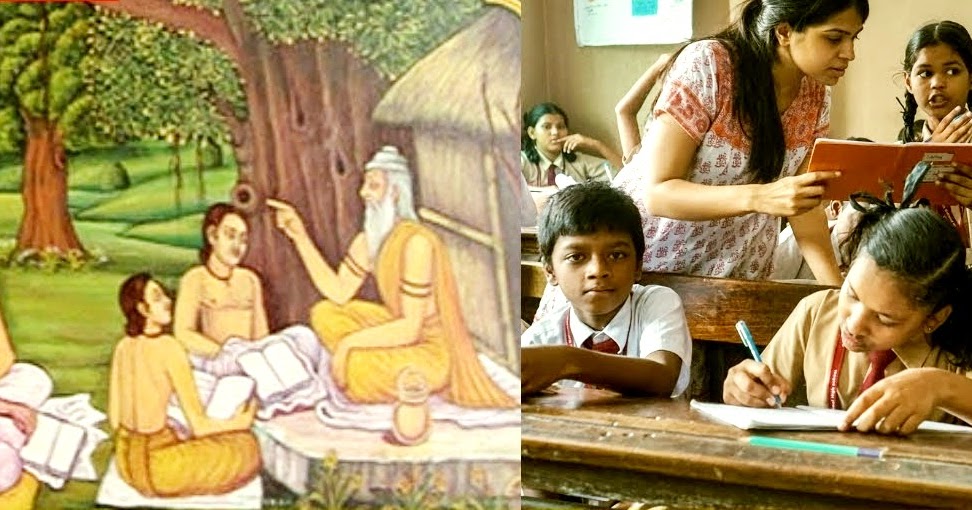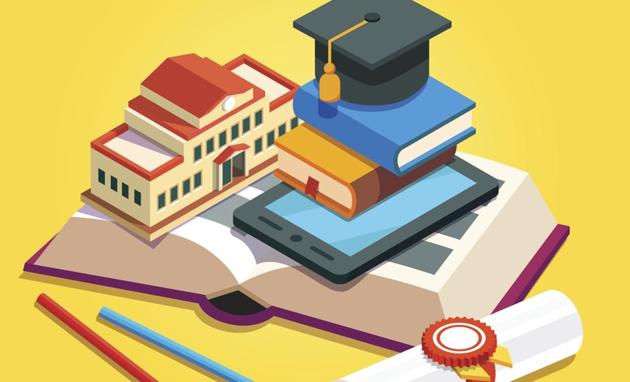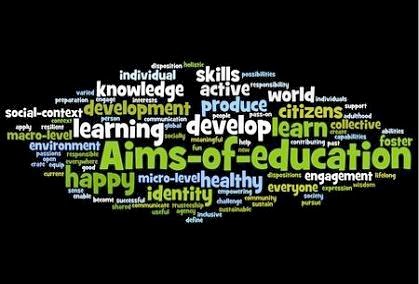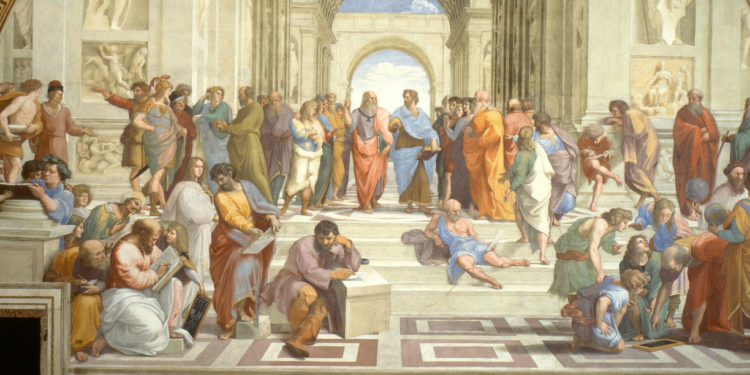It is satirically painful that most of the eminent jewels of the nation had to ignore or go against the education system in order to grow or reach the peaks of mountains.
The notable fact is that things were not always like this and we have somewhat contaminated the society after the medieval and colonial era with certain elements that are holding back our growth.

The ancient education system was entirely different from the latter in its ideals, approach, and its mechanism. The distorted version today can be differentiated from the sorted one earlier can be better analyzed by the following aspects of education:
Ethical education:
The Brahmanical system of education is mainly a domestic system of education. A student undergoes very rigid physical, mental and moral discipline.
It aims to convert the student into a ‘full human being’ and train him efficiently to shoulder the responsibilities of society. Buddhist education concentrates, more, on spiritual training.
It is mainly a monastic system of education. But, both the systems molded the moral and spiritual personality of the students not only by teaching moral ethics but also trains them to practice those ethics. After performing the Vidyarambha ceremony and the Prabrajya

ceremony in the Vedic and Buddhist system respectively, the student would go to live with the teacher till his formal education completed. This inculcated the disciplines and the ethics towards life which is a basic ingredient in a student’s life.
The focus on moral values and ethical training in the modern age is just left to be a textual matter in our books while parroting these is considered to be a skill in a child’s life. The burden of formal education should be reduced to some practical life values to be taught at the initial stages of a student.
Curriculum ahead:
Both Vedic and Buddhist systems of education had different subjects of study. Certain other subjects common to both the systems were arithmetic, military science, law, performing arts, ethics, and art and architecture. In order to earn a livelihood, men needed to know an art form.
As per the ancient Indian education system, there were about 64 art forms, including dance, music, jewel making, sculpture, agriculture, and medical sciences. To acquire vocational training in a particular art form, men were required to work as trainees under a master’s to gain expertise.

They were taught without any cost, and food and boarding were also taken care of by the master.
Such diversity of subjects is rather missing in the current education system and if there exists, there comes the prejudiced outlook for certain subjects and therefore discouraged to learn.
Often that is the case for some vocational courses. The lack of options in the curriculum for a student compels him/her to study for survival in society rather than enhancing as a human.
Autonomy of institutions:
The institutions of education enjoyed complete autonomy from the state with no interference. The gurukuls were inhabited by highly revered teachers with saintly knowledge along with expertise in the subjects of worldly affairs. However, At that time, knowledge was considered sacred and no fee was charged.
Contributions towards education were considered the highest form of donation. All members of the society contributed in some form or the other. Financial support came from rich merchants, wealthy parents, and society. Besides gifts of buildings, the universities received gifts of land.

This form of free education was also prevalent in other ancient universities like Valabhi, Vikramshila, and Jagaddala.
The education of the modern age influenced by western ideals is characterized by the state’s interference in schooling along with the prevailing chaos of capitalist institutions.
The exorbitant fees and social taboos existing in rural areas are the key determinants for the inadequate education acquired by a student.
Aim of education:
The main objective of education was to equip the students with a good quality of education. The education mostly focused on the enrichment of culture, character, and personality, development, and cultivation of noble ideals.
The objective was to gain the mental, physical, and intellectual personality of students, to make the students future-ready and survive in any situation

whereas today the aim of education is entirely hijacked by the western powers and we are yet to be freed from neo-colonization.
The ideals and goals are easily swayed by the materialistic longings and the desire to be creative and contribute to society is somewhere lost with the lost spirit of Indian culture befittingly suited to this environment.
Also Read :









